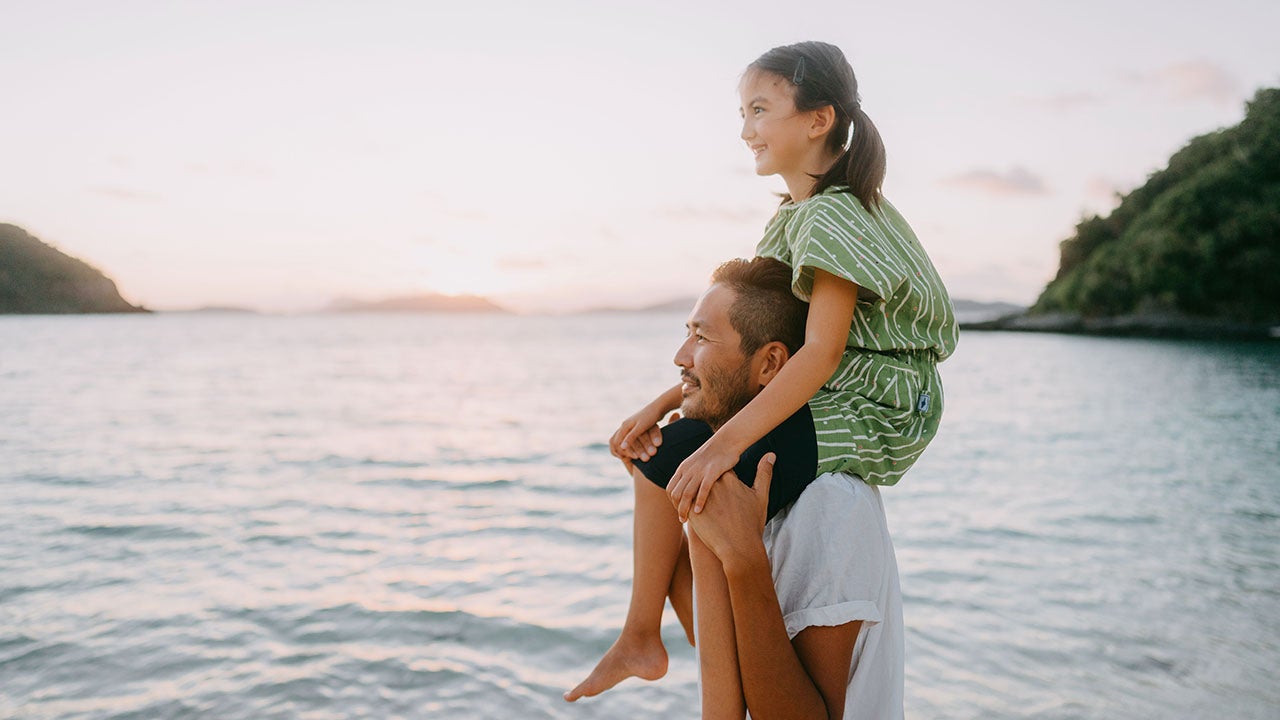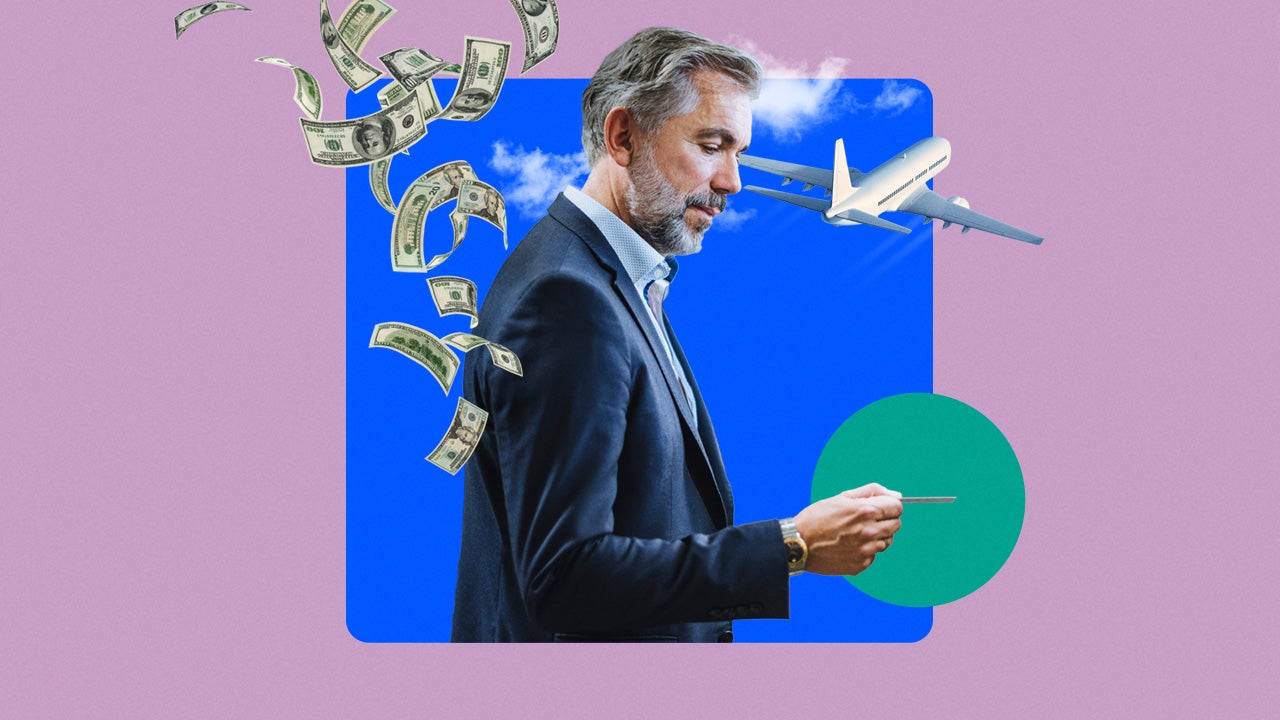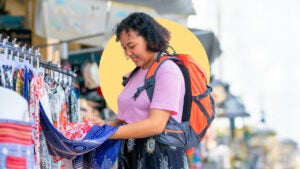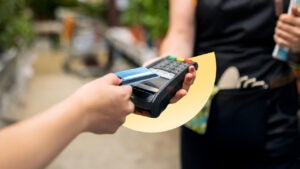Survey: Most Americans losing out on easy money during coronavirus pandemic


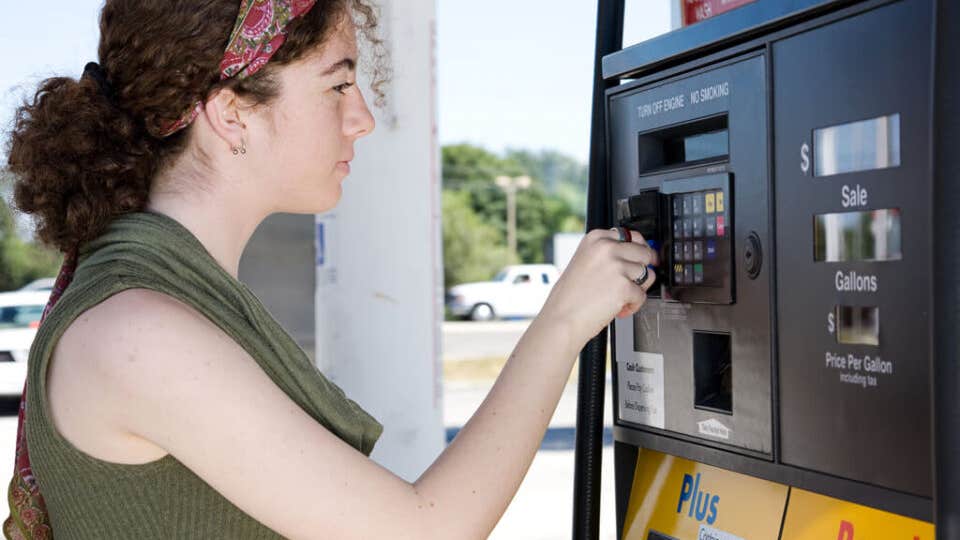
Credit card issuers tweaked rewards programs last year to cater to travelers and restaurant-goers now stuck home bingeing shows and cooking. But a new Bankrate survey found many cardholders don’t cash in on these valuable offers.
Most credit card companies have boosted rewards on everyday essentials like groceries, takeout and gas. Many also added perks related to popular food delivery and streaming services. And some have made changes to help you get a better deal redeeming rewards for cash back.
But almost one in three (31 percent) didn’t redeem any rewards in 2020, a new Bankrate survey on preferred payment methods found. (See survey methodology.)
It’s extremely rare to see so many rewards cards offering lucrative bonuses in common spending categories at the same time, said Nick Reyes, senior author at Frequent Miler, who has written a guide to COVID credit card changes.
“Many people are missing an easy opportunity to put money in their pockets by simply pulling out the right piece of plastic at the grocery store,” Reyes said. “It’s an expensive mistake.”
Most U.S. wallets contain a rewards card
More than half (59 percent) of U.S. adults carry at least one rewards card that they could be using to pay for everyday expenses that now often carry significant rewards-earning opportunities.
The Bankrate.com survey on preferred payment methods found that:
- Millennials are more likely to hold a rewards card (57 percent) than Gen Xers at 56 percent but less likely than baby boomers at 69 percent. This busts the myth that millennials shun credit.
- More than one in three (36 percent) Gen Zers eligible for a credit card have a rewards card, which shows consumers gravitate toward rewards as soon as they’re able to get credit.
- Two out of three (66 percent) rewards cardholders typically pay their credit card bill in full each month. This is good news because rewards cards tend to carry higher interest rates than other types of credit cards.
But the one-third of consumers who don’t pay their credit card bill in full each month would be better off switching to a low-interest credit card and snagging a 0 percent intro balance transfer credit card if they can.
Cardholders who are paying 15 percent to 20 percent or more in interest by carrying a revolving balance on a rewards card are more than canceling out the 1 percent, 2 percent or 3 percent they may earn in points or miles, said Bankrate’s credit card analyst Ted Rossman.
“As long as you’re avoiding interest, using credit can pay you back for all of your purchases big and small,” Rossman said.
A missed rewards opportunity: everyday expenses
But many cardholders who pay their credit card bill in full every month are leaving money on the table, especially during the coronavirus pandemic.
The survey found that among rewards cardholders who pay their bill in full each month:
- More than half (59 percent) who buy gas usually pay with credit.
- Just over half (51 percent) who buy groceries normally pay with credit.
- Slightly over half (56 percent) who eat at restaurants typically use credit.
These same consumers who pay for gas and groceries with cash or a debit card commonly use credit to pay for travel. In fact, most cardholders (83 percent) who buy plane tickets and stay at hotels (79 percent) usually pay with a credit card.
This presents an easy opportunity to earn extra money while you’re likely spending more on groceries thanks to rising food prices and an increase in home cooking due to COVID-19. If you have the money to use cash or debit for everyday expenses and you’ve built solid money habits, it makes sense to use credit instead and reap the rewards.
This holds especially true now that most travel rewards card issuers have made daily expenses like supermarket purchases just as rewarding as travel. For example, the Chase Sapphire Reserve® now offers grocery store and gas station purchases to also count toward the card’s $300 travel credit through June 30, 2021.
American Express recently added up to 12 months of free Uber Eats Pass service, U.S. American Express® Gold Card cardholders receive up to 12 months of complimentary Uber Eats Pass membership (worth up to $119 annually, based on estimated $9.99 monthly price for 12 months), as long as users are enrolled by Dec. 31, 2021 (Terms Apply). Uber Eats Pass access usually costs $9.99 a month and grants members an unlimited $0 delivery fee for eligible restaurant purchases and 5 percent off eligible restaurant orders over $15, along with a $0 deliver fee on select supermarket groceries over $30 (taxes and service fees may apply and do not count toward order minimum). You’ll start being auto-billed at the then-current rate for Uber Eats Pass after your 12 months of complimentary membership are up, so make sure you cancel before then if you don’t wish to continue the service.
What’s more, cardholders will also get up to $120 in annual Uber Cash ($10 per month in Uber Cash, expiring at the end of the month) toward U.S. Rides and U.S. Eats orders. Just make sure that your Amex Gold card is linked to the Uber app to automatically receive your monthly Uber Cash.
“Many credit card issuers leaned hard into groceries, food delivery, streaming services and other everyday categories in 2020, so it’s easier than ever to earn and burn rewards for routine expenses,” Rossman said.
Despite those initiatives, a little over half of grocery shoppers still pay with debit cards (51 percent) and 21 percent typically use cash. That means just 28 percent of all grocery shoppers usually pay with credit.
Using debit or cash is a smart move if you’re financing these purchases—especially since credit card interest is assessed daily for those with existing card debt. If you carry credit card debt from month to month, then your top priority should be paying that down, not earning rewards since the average credit card charges almost 16 percent and you’ll likely end up paying more in interest than you’d earn in rewards.
But it’s a missed opportunity if you pay your card in full and could earn rewards without paying interest. For example, the Blue Cash Preferred® Card from American Express gives 6 percent cash back on up to $6,000 in spending at U.S. supermarkets each year (then 1 percent after that). If you max out that $6,000 limit, you’ll earn $265 annually even after subtracting the $95 annual fee.
Our survey observed a similar pattern on restaurant spending: 44 percent of diners generally pay with debit, 24 percent with cash and 32 percent with credit. If you’re able to avoid interest, using one of the best credit cards for restaurant spending could stretch your dollars a lot further.
Cardholders failed to cash in on rewards in 2020
Earning rewards is only half the equation: You can also maximize your value when it comes time to redeem your points or miles. But the survey found many cardholders didn’t redeem any rewards last year.
Depending on your situation, this may or may not make sense. The conventional wisdom is that you should redeem points for travel to get the biggest bang for your buck. But many Americans aren’t traveling right now.
So, some major travel credit cards have made it easier to get good value for cash back, Rossman pointed out.
For example, Chase’s new “Pay Yourself Back” program allows you to get substantially more value (50 percent more with the Chase Sapphire Reserve card and 25 percent with Chase Sapphire Preferred® Card) when you redeem your rewards against existing purchases in set categories and travel when redeemed through the Chase Ultimate Rewards portal. “I think many of these changes will stick around in 2021 and beyond,” Rossman said.
The most common rewards redemption (55 percent) was less than $300 in cash back, points or miles. The Bankrate.com survey did find, however, that 46 percent of cardholders who redeemed rewards in 2020 did so for something worth $300 or more.
The survey found:
- 30 percent cashed in rewards for $300 or more in cash back or gift cards
- 15 percent achieved a free hotel stay
- 11 percent earned a free flight
And one-third of rewards credit card holders (31 percent) failed to redeem any rewards at all in 2020.
Some of these cardholders might simply be waiting for travel options to open up again. You can make the case that redeeming your points for travel has far more value, said R.J. Weiss, CFP and founder of The Ways to Wealth. Redemptions like transferring your points to an airline to book a first-class seat may have a value upward of 5 cents per point or mile.
“In this case, it’s clear to see why holding on to your points for a few more months is still the better option for those who really know how to maximize the value of the points,” Weiss said.
How to maximize your credit card rewards in 2021
Have you left money on the table by not using your rewards card as much as you could? Take a closer look at what you stand to gain by using your card regularly for everyday expenses.
Let’s say your household spends $4,643 on groceries, the yearly average according to the 2019 data from the Bureau of Labor Statistics, the most recent numbers available.
If you opened a Discover it® Miles, which offers 1.5 miles on all purchases and all miles are matched at the end of your first year. You could earn approximately $69 in rewards just for using your card to buy groceries. If you spend an average of $3,526 on dining, you could earn $52 in rewards on your pandemic takeout orders. And if you spend the average of $2,094 on gas, you could get $31 in rewards.
That’s a grand total of $152 back just for using the card for your everyday supermarket, restaurant and gas purchases—not including any other purchases you put on your card.
And don’t automatically write off high-annual-fee cards either, Reyes said. He pointed to The Platinum Card® from American Express, which has a $550 annual fee but is offering 10X points on a combined total of $15,000 in spending at U.S. supermarkets and U.S. gas stations in your first six months of card membership.
The welcome bonus, worth $750 when redeemed through Amex Travel (after you spend $5,000 on purchases on your new card in your first 6 months of Card Membership), cancels out the annual fee and then some. And if you’re a very high food spender or have the financial flexibility to fully stock your cupboards and freezer, you could potentially earn 150,000 Membership Rewards points (worth $1,500) just with your U.S. supermarket and U.S. gas station spending.
“It’s such an unprecedented opportunity as to be a must-have for those who can afford it,” Reyes said.
If that inspires you, here are our tips for making the most of your rewards card during the coronavirus pandemic and beyond:
- Brush up on new perks and benefits: Anyone with a rewards credit card should be checking to see whether issuers have added any new benefits to cards they already have in their wallets, Reyes recommended. “In some cases, it might be simply a case of activating a temporary bonus category on an existing card,” he said.
- Reconsider how you redeem your rewards: If you’ve always redeemed points for travel, you might want to consider temporarily switching to cash redemptions, especially if you can take advantage of a program like “Pay Yourself Back” from Chase. “Points sitting in a loyalty account will not increase in value over time, whereas cash certainly can,” Reyes pointed out.
- Reevaluate your rewards card: Your habits have likely changed during the pandemic, so make sure you still have the best card for your needs. Here’s our list of the best credit cards of 2024. Card issuers are trying to outdo each other right now when it comes to rewards, so shop around and consider swapping cards if you find one that suits you better.
The good news: Getting more value from your rewards card may take almost zero effort. Simply using your card more in 2021 can grow your bank account by hundreds of dollars.
Survey methodology
Bankrate.com commissioned YouGov Plc to conduct the survey. All figures, unless otherwise stated, are from YouGov Plc. Total sample size was 2,449 adults, including 1,437 who have at least one rewards credit card. The survey was conducted online between January 6-8, 2021.
Why we ask for feedback Your feedback helps us improve our content and services. It takes less than a minute to complete.
Your responses are anonymous and will only be used for improving our website.

